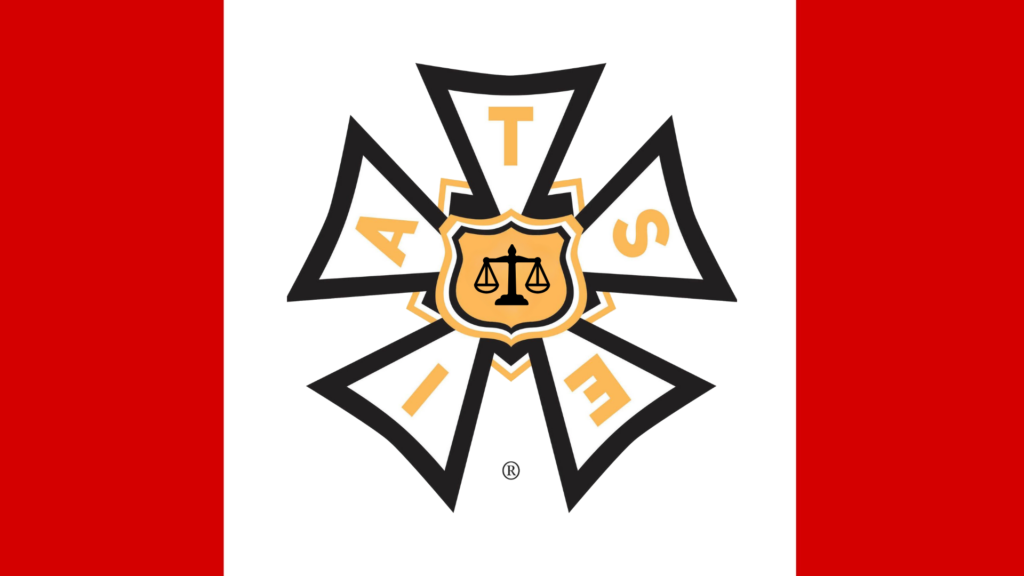- November 12, 2025
- Jurisdiction/Cases Involving Rival Unions
The Tribunal administratif du travail (TAT) dismisses the interpretation request filed by the AQTIS 514 IATSE (AQTIS-514). The Tribunal finds that individuals hired in the occupations of researcher and head researcher are not considered artists within the meaning of section 1.2 of the Quebec Act respecting the professional status of artists in the visual arts, film, the recording arts, literature, arts and crafts and the performing arts (SAA).
The analysis of an occupation should not be based on individual tasks, but rather on the essence of the occupation to determine whether it corresponds to a covered or analogous occupation. The essence of the researcher’s occupation is to contribute to the preparation and content of an audiovisual work. No other occupation covered by section 1.2 of the SAA shares this essence.
Therefore, these occupations are not included in the legal recognitions held by the AQTIS-514 under the SAA. As a result, the recognition application filed by the Union des artistes (UDA) is considered to be submitted in open field. The Tribunal thus rejects the AQTIS-514’s exception to dismiss UDA’s request.
The Tribunal finds that the occupations of researcher and head researcher meet the definition of artist under section 1.1 of the SAA. The past decision in Société des auteurs, recherchistes, documentalistes et compositeurs (SARDeC) v. Association des journalistes indépendants du Québec (AJIQ-CSN), [1998] AZ-98149606 (C.R.A.A.A.P.), which concluded that researchers are not artists under section 1.1 of the SAA, is not applicable in this case, as the facts differ from those previously reported by the Commission in this decision. The researcher, whose core occupation is to develop the foundational material that shapes the content of the work, plays an essential role in the artistic creation process.
The Tribunal therefore grants UDA’s request for recognition to represent individuals performing the occupations of researcher or head researcher in film or television productions made in a language other than English. The negotiating sector defined by the UDA is deemed appropriate, given the specific characteristics of the fields of artistic endeavour concerned by this application.
Finally, the Tribunal will later determine the criteria that will be used to assess the representativeness of the UDA.








